Hotels account for about 1% of the world’s greenhouse gas emissions, the United Nations World Tourism Organisation (UNWTO) has estimated.
Despite the industry’s relatively low environmental impact, consumers are actively seeking out greener, more sustainable places to stay.
In a global survey by booking.com, 73% of guests preferred an eco-sustainable hotel over a traditional one and 96% said sustainable travel was important to them.
Hotels are keen to do less damage to the environment than previously, both to lower costs – especially against a backdrop of steep increases in their energy bills – and to attract eco conscious consumers.
How much would you pay to stay in a greener hotel?
Industry experts say up to 75% of guests are willing to pay significantly more per night for hotels which can demonstrate genuinely green policies.
In addition to the environmental benefits, investment in green policies can lead to positive impacts on revenue and guest satisfaction.
The Chester Hotel in Aberdeen is among those taking steps towards increased sustainability, and general manager Stephen Gow believes it should be a priority for the whole industry.
Mr Gow said: “There’s no longer a debate on whether hotels should be ‘greener’.
“It’s a priority and for us its our key priority. Hotels are a huge source of energy consumption and waste, and while we’re unlikely to impact significantly on the UNWTO 1% figure alone, we’re committed to embedding sustainability at the heart of everything we do.
“It’s not a trend for us – it’s our way of operating our hotel for today and the future.”
Sustainability goals
The Chester recently launched a section on its website devoted to how it is meeting its sustainability goals, from promoting the circular economy to minimising waste and reducing what gets sent to landfill.
Visitors to the website can found out about the local food, wine and spirit producers supplying the business, and how its food waste is recycled into biofuel.
Mr Gow added: “We’re phasing out single use plastics throughout the hotel, so condiments are now served in small reusable glass jars instead of ‘squeeze me’ sachets.
“Toiletries no longer come in tiny bottles; we use larger refillable bottles.
“We have chosen to source them from local supplier Gordon Castle, another family-run, independent business which makes toiletries using the plants and flowers in their walled garden.
“These are biodegradable, with recycled packaging. If we return the packaging to Gordon Castle, they compost it at their facility, use it to nurture the garden and, ultimately, return more toiletries to our guests. A textbook circular economy example.”
JJ Coleman, founder of the UK’s best known mustard company, once said he made his fortune from what people left on their plates.
It was this philosophy that inspired The Chester to consider food waste in more depth.
Mr Gow said: “We sell significant quantities of our haddock and scampi which we prepare in-house, alongside our home-made tartare sauce.
“We used to put tartare sauce on every plate, but not everyone ate it. So now we ask guests at the point of ordering if they would like tartare sauce with their fish dish.
“This simple change had a meaningful impact on our food waste.”
The hotel’s support of local good causes cuts the mustard too.
Just as the Coleman’s company pioneered social welfare achievements in Norwich, so The Chester continues to fundraise locally through its owners’ charitable foundation.
The hotel’s Signature Food Festival, now run via the JEllie Foundation, has raised more than £500,000 for good causes such as Friends of Anchor, Archie and Charlie House.
Mr Gow is also a founder of Hospitality Apprenticeship North East, a programme developed by hoteliers in the region to attract young, vibrant talent into the industry.
The Chester’s boss believes it is vital for industry professionals to encourage, support and enhance training opportunities for all – and to “give back” via charitable routes.
Sustainability was a key issue pre-pandemic but two years of Covid protocols have made guests more environmentally conscious and, therefore, accelerated change, Mr Gow said.
He added: “Touch points in rooms like guest directories, for example, became casualties of Covid.
“This has led to the introduction of a guest app which has all the info, from the room service menu and ordering to breakfast times.
“We service rooms daily but now change bedlinen on the fourth day of a stay.
Guests can play their part
“Along with asking guests to reuse towels where possible, we’re reducing our use of energy, water and detergent.
“Our key cards are made from reusable and recyclable wood fibre-board, not plastic.
“And our coffee pods and unwrapped teabags are all compostable.
“Some of our staff uniforms are made from recycled fibres – keeping production at a minimum and reducing water usage and pollution.”
He continued: “Location, reviews and price have traditionally been the most common factors considered by travellers but, increasingly, eco credentials are joining this trio – for people of all generations.
“Hotels need long-term strategies for sustainability and not trend-led short fixes.”


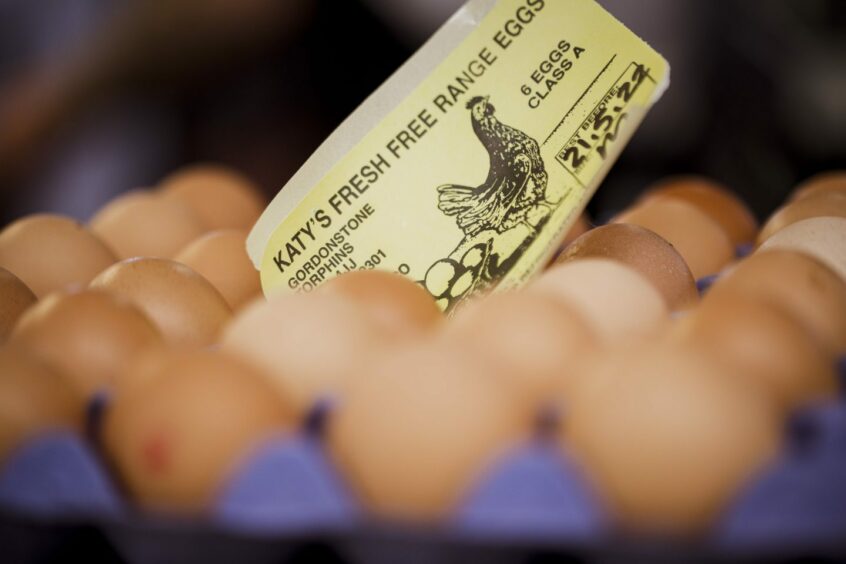


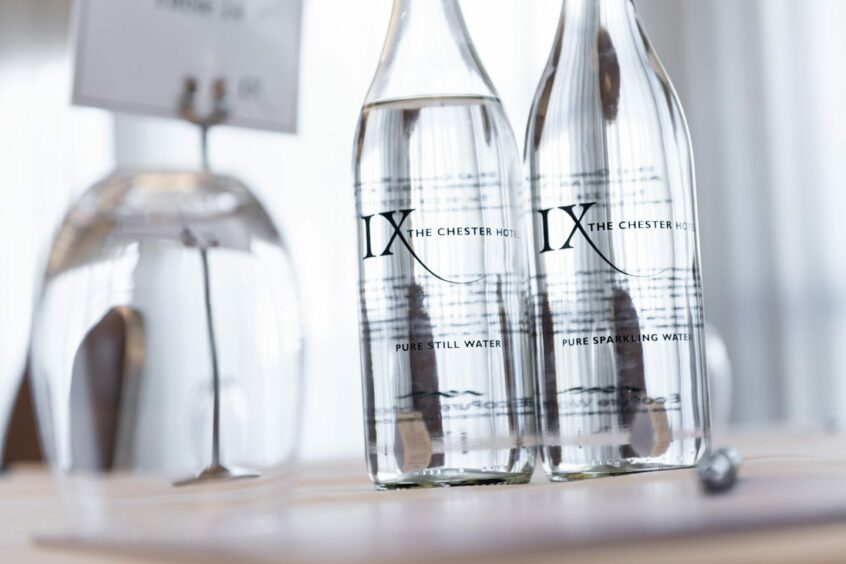





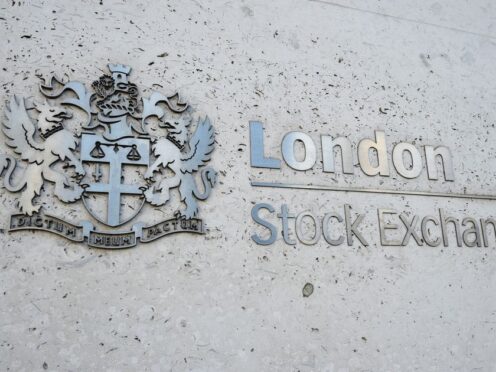


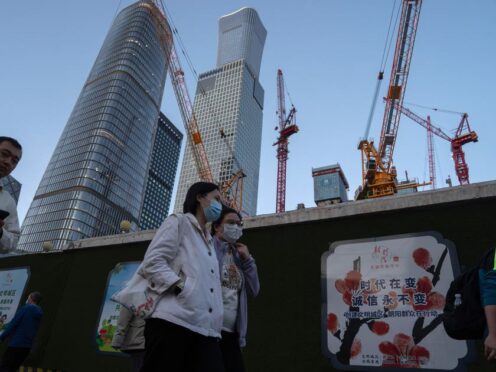
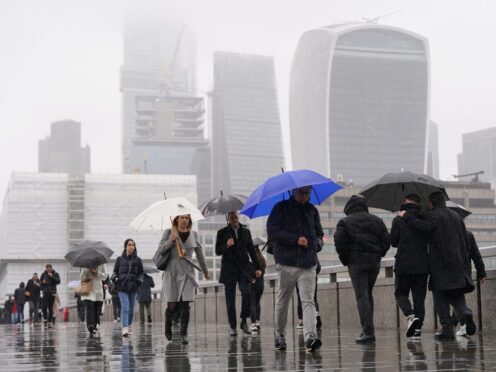

Conversation